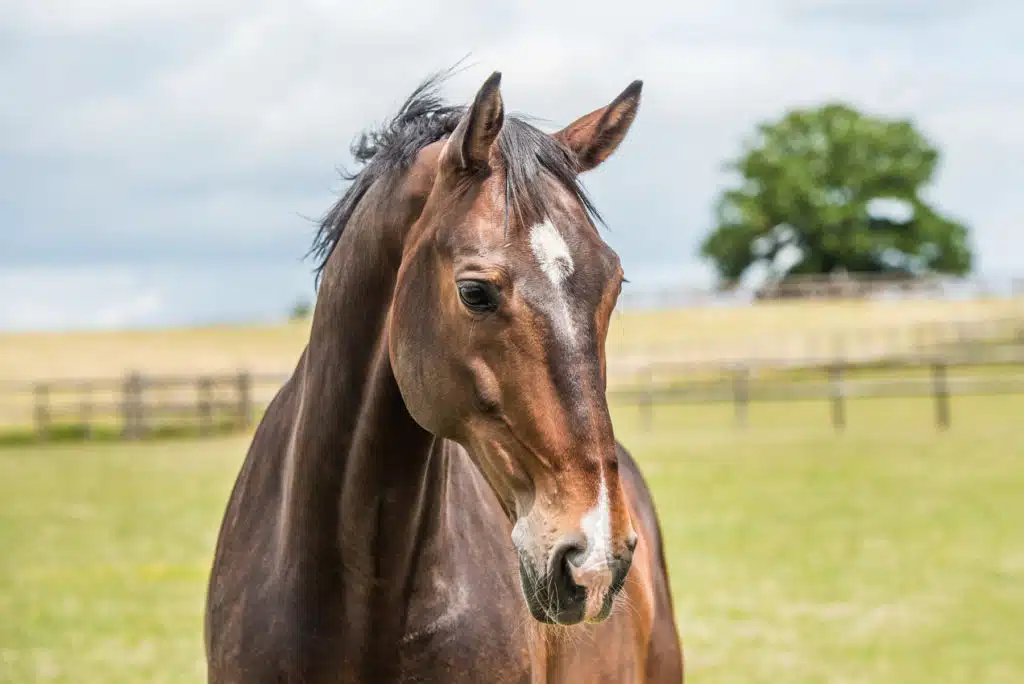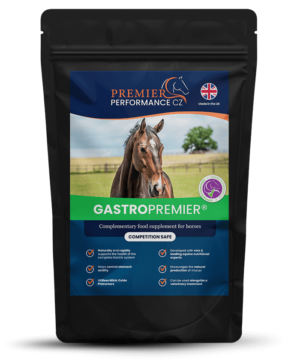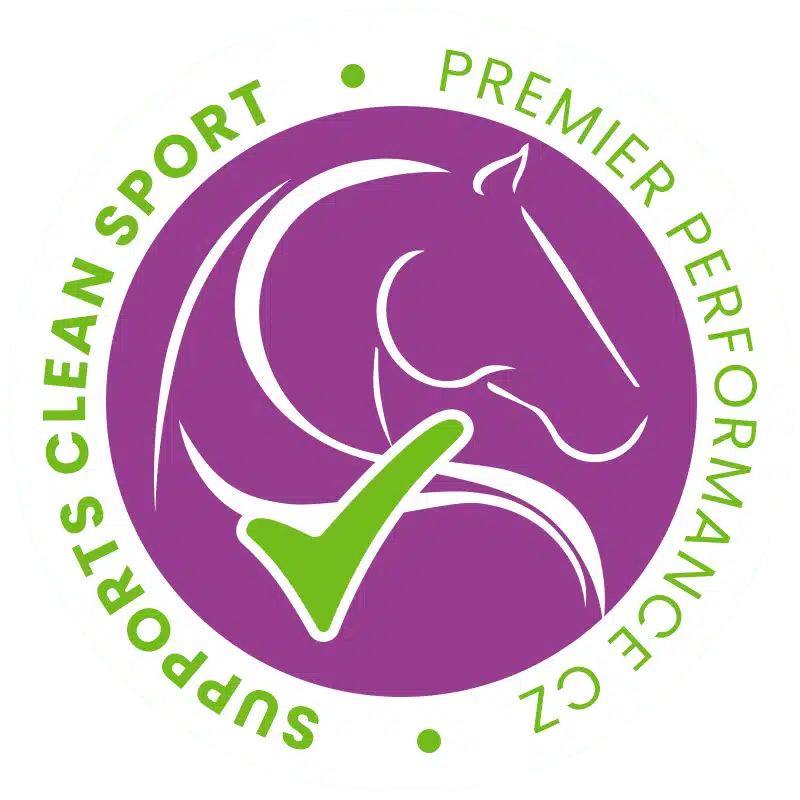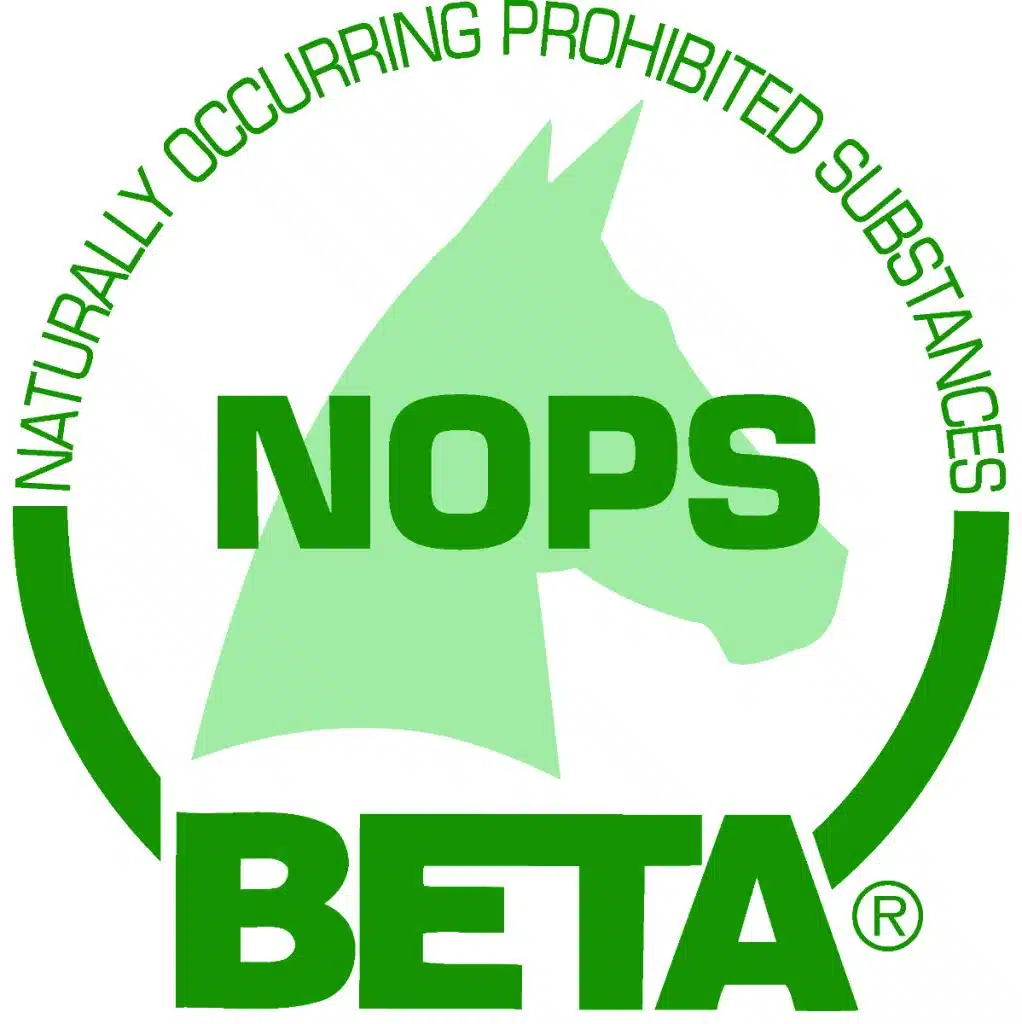A reminder of the horse’s gastrointestinal tract
The horse is classified anatomically as a non-ruminant herbivore and has a digestive tract that consists of three functional regions; the stomach and the small intestine, collectively termed the foregut, and the large intestine, often referred to as the hindgut. The first section, the foregut, is similar to the pre-caecal digestive system of a monogastric animal, such as the dog, man or pig. The second section, the hindgut, is more like the rumen of a cow. The stomach of the horse contributes only eight percent to the total digestive tract weight, with a capacity of approximately eight litres in a mature 500 kg horse. The small intestine is comprised of three functional regions: the duodenum, the jejunum and the ileum, which together account for around 30 % of the total tract mass and 75% of its total length (approximately 21-25 m in a 500 kg horse).
The large intestine consists of the caecum and the large (ascending) and small (descending) colons. It is the major contributor to gastrointestinal tract volume (60 %: 15 caecum, 45 colon), and is proportionally the largest hindgut of any domestic animal. The hindgut of the horse is anatomically specialised to accommodate micro-organisms capable of degrading and fermenting the structural polysaccharides (fibrous fraction) of plants. You may recall from previous articles that the microbes break down the fibre and produce volatile fatty acids (VFAs) that are then used by the horse as an energy source.
Equine gut microbes
It is only in recent years that we have began to understand more about the microbes that reside in our horse’s gut. Bacteria, protozoa and fungi all inhabit the horse’s gut, but bacteria appear to be present in the largest numbers and have been the primary focus of most research studies looking at gut microbes in horses. Whilst protozoa are present in fewer numbers in the gut, they are physically larger in size than bacteria and as such they may equal bacteria in terms of total mass. Protozoa also degrade plant constituents and research has also shown that they have the ability to ferment starch to produce VFAs rather than lactic acid, which is commonly produced in bacterial fermentation of starch. Consequently, the VFAs produced do not have the same negative impact on reducing the pH in the hindgut in the same way that lactic acid does and as such protozoa are believed to help maintain a more stable hindgut environment.
Fungi are also present in the gut and can also breakdown fibrous material to provide VFAs. It is not entirely clear what the role of fungi are in the horse’s hindgut, but it is suggested that they increase accessibility to plant fragments to other microbes, such as bacteria. There are so many types of bacteria present in the hindgut of horses, with many of them being able to degrade fibre to produce VFAs. Bacteria can also degrade starch that enters the hindgut and as discussed in other articles this is undesirable due to the detrimental effect that this has on the hindgut environment. Any changes in the microbial populations in the hindgut of the horse can result in a disruption of the hindgut environment and increases the risk of the horse developing colic or other gastrointestinal disturbances.
Factors that affect gut microbes
Diet is the primary factor that affects the gut microbes in the horse. Diets high in fibre compared to those containing starch and other non-structural carbohydrates (CHO) promote different conditions in the hindgut. A sudden change in diet, even if it is just a change of forage type, can have an impact on the gut microbes. The time of year and season can also impact on gut microbes as well as the geographical location of this horse, which is why moving your horse to other yards can impact on the hindgut. If your horse develops diarrhoea, colitis or colic this will also impact on the gut microbes and changes in microbes can be seen in faeces before any clinical signs of colic are evident. Of course, changes in the microbes for other reasons can also lead to the development of diarrhoea, colitis and colic. There is also a large body of evidence to show a strong link between laminitis and changes in gut microbes, in particular an increased amount of lactic acid producing bacteria have been observed. Grass sickness is a devastating disease in horses that also appears to be associated with specific microbial changes in the gut.
If your horse is overweight or has any metabolic issues, they will likely have a different makeup of microbes in their gut compared to those that are of a healthy weight with no metabolic issues. Medication can also impact on microbial populations, especially antibiotics that attack both beneficial and detrimental gut microbes. Non-steroidal anti-inflammatory drugs have also been reported to reduce the number of beneficial bacteria in the gut, which is somewhat complicated given that they are often used to manage colic pain in horses. Deworming is another aspect of horse management that can impact on gut microbes, again particularly the beneficial bacteria and also the production of mucin. Mucin is a protein that helps maintain a good environment for the microbes in the gut. If your horse needs to be anaesthetised, then this has also been seen to have a detrimental impact on the horse’s gastrointestinal microbial populations.
It also seems that the breed, age and sex of your horse can impact on gut microbes, with pregnancy and lactation also influencing the microbes present. It is also important to note that horses are born without any microbes in their gut and they develop the microbial populations over the first few months of life.
Exercise is known to impact on digestion in horses and has also been reported to affect gut microbes. Finally, stress of any kind has a major detrimental impact on gut microbes in horse; for example, changes in gut microbes before and after being transported have been reported. Another stressful event in a horse’s life is weaning, which also appears to affect microbial populations, although there is a debate around the extent that this occurs.
Maintaining a stable microbial population in your horse’s gut
The following guidance is provided to help maintain microbial populations in your horse(s) gut and reduce this risk and impact that this could have on your horse’s health and wellbeing.
- Feed a high-fibre diet, with a forage-first approach and then add on any additional feedstuffs only where required.
- Only if required, feed high-starch concentrate feeds little and often and avoid large bucket feeds of starchy foodstuffs.
- Make any changes to diet gradually over a period of two weeks.
- Maintain a healthy weight and condition in your horse(s) and monitor on a regular basis.
- Make any management changes; e.g. amount of time in the stable or at pasture, gradually.
- Consider the use of supplements such as GastroPremier that can help maintain gut health.
Consider the use of a yeast supplement if/when your horse is:
- On any medication that may impact on gut microbes
- Likely to be stressed; e,g, travelling, competing, moving yards, weaning etc.
- Experiencing a change in management; e.g. from pasture to stable or vice versa.
- Changing diet, including moving fields and/or during season of the year when pasture composition is changeable.
Article written for Premier Performance by Professor Jo-Anne Murray.









